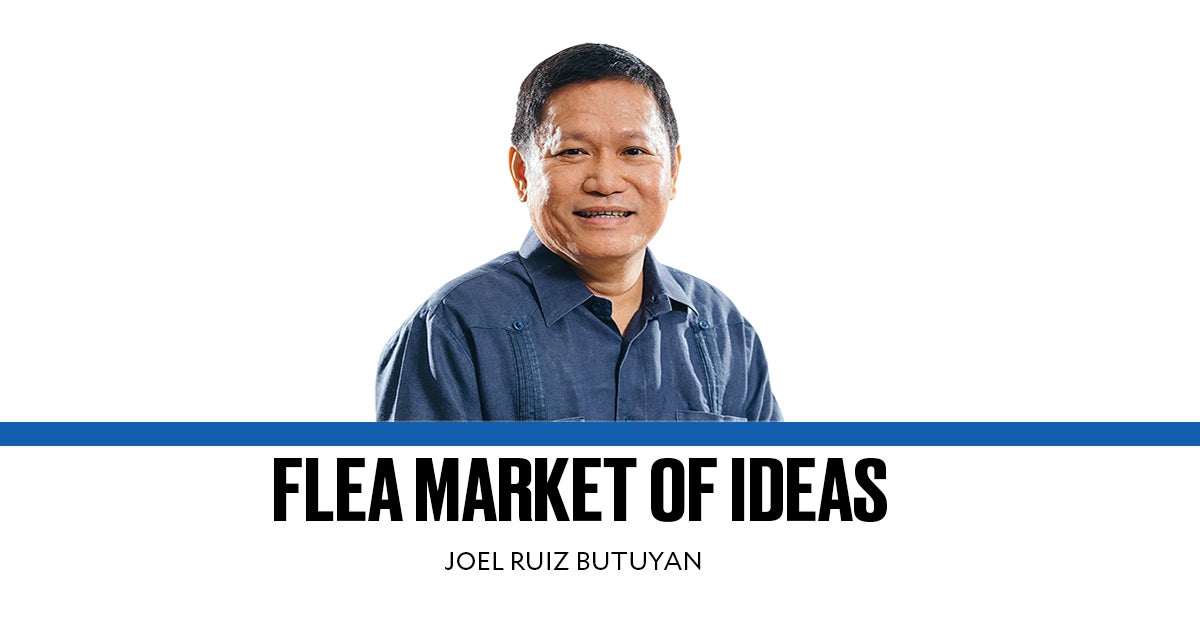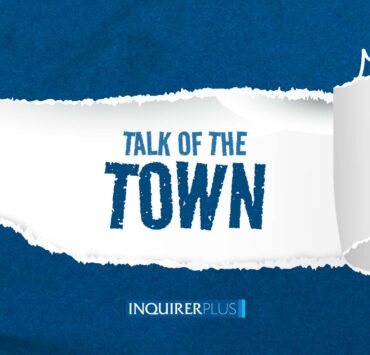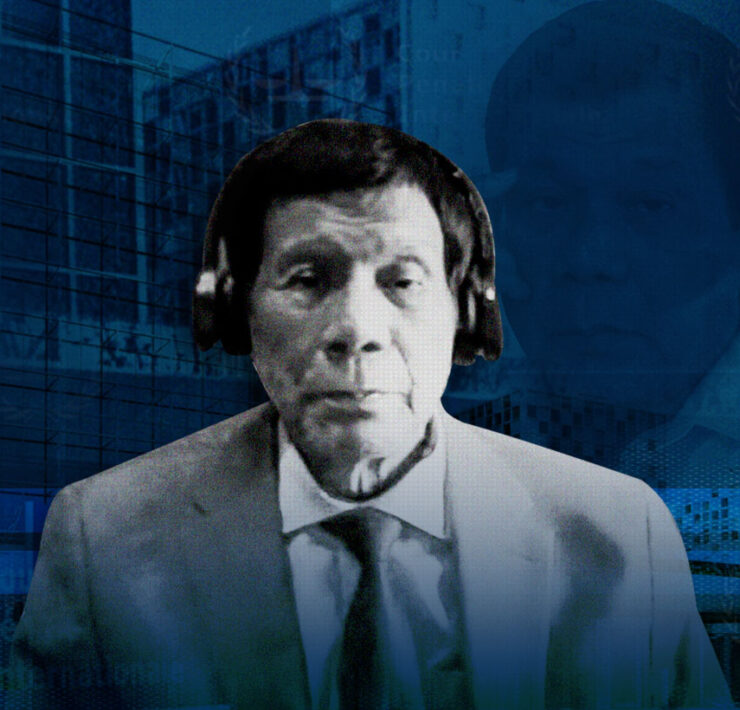A people raring to wage war on corruption

A number of senators and congresspersons who are implicated in anomalous flood control projects have volunteered to execute waivers for the examination of their bank accounts. These are obvious attempts to show that they are clean, intended to banish widespread suspicion that they’re swimming in a sea of filthy money, and to dissipate public anger against them.
A bank waiver will be a totally ineffective proof of innocence, however. As shown by the photos of mountains of cash presented by former Department of Public Works and Highways (DPWH) assistant district engineer Brice Hernandez of Bulacan in a recent congressional hearing, the “proponents” (i.e., senators and congresspersons) of public works projects are paid in bundles of cold cash. Only foolish lawmakers would deposit unexplained tens or hundreds of millions of pesos in their personal bank accounts. It would trigger an automatic red flag, which would require their depositary banks to mandatorily report the ”suspicious transaction” to the Anti-Money Laundering Council (AMLC). The heaps of cash will either be kept in secret vaults, deposited in a shell company’s bank account, transacted through casinos, or used to buy expensive watches, jewelry, bags, and cars, among others.
It will also be useless to search for paper trails showing the names and signatures of senators and congresspersons that could serve as documentary evidence of their role in anomalous projects. No such documents exist because lawmakers operate in the shadows when it comes to infrastructure projects. What gives lawmakers the power to command a 10 to 30 percent cut in these projects is their ability to demand the replacement of the DPWH district engineer if the contractor of their choice is not made to win the project.
The Independent Commission for Infrastructure (ICI), recently created by President Marcos, which has been tasked to check anomalies in government infrastructure projects, must include in its eventual recommendations a solution on how to free the DPWH from the grip of legislators. This is the root cause of the biggest chunk of corruption in government projects. For as long as the DPWH is not unshackled from its bondage to lawmakers in the implementation of public works projects, any recommended solution to address corruption in infrastructure projects will only be temporary, palliative, and eventually ineffective. Senators and congresspersons will always find a new way to demand and collect their pound of flesh if DPWH officials continue to owe their positions to lawmakers.
It is also crucial that the ICI not limit its investigation only to flood control projects. The corruption anomalies extend to all kinds of DPWH projects, because lawmakers demand their percentage commission either from projects implemented in their districts or from those they sponsored during the national budget deliberations. In fact, there must be a comprehensive investigation into all national and local projects, once and for all, if a thorough cleansing can be had. If the investigation is merely confined to flood control projects, lawmakers will only shift the funds to non-flood control projects and continue demanding their lion’s share of the allotted public funds.
The ICI must further investigate the fraudulent and unethical practice of lawmakers who put their names, pictures, or initials on public works projects. They make it appear that the funds to build public structures come from their own pockets, engendering lingering patronage. This rampant practice—claiming public projects as having been built personally by lawmakers and not by the people—must stop. In fact, the Marcos Jr. administration should launch a project to summarily and publicly remove all billboards and signage containing the names of politicians on government projects. This will generate a bonanza of popular goodwill for the current government.
Congress has become the corruption behemoth that it is—a den of the biggest plunderers in our country—because it has been allowed to appropriate for its members executive powers in the implementation of public works projects. The level of corruption in the government has exponentially increased because of this unconstitutional invasion of the executive functions by members of Congress.
If Mr. Marcos flexes his political muscle to push Congress back to the confines of its legislative domain and put a stop to its invasion of executive powers, he will secure a worthy legacy. It is the perfect time. He will have the overwhelming support of an outraged citizenry. It’s a very rare occurrence when a sitting president can have enraged citizens by his side. This chance has only happened in a time of war in our history. This time, the people are as mad as hell and are raring to wage a war on corruption.





















